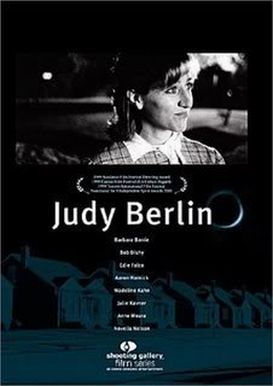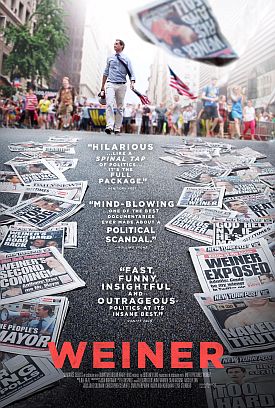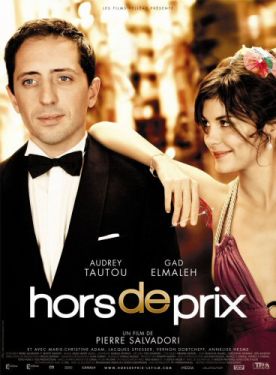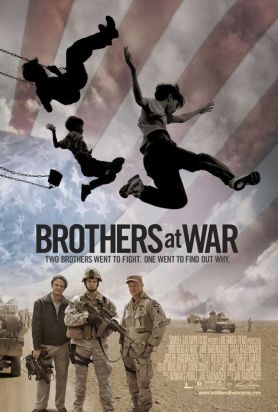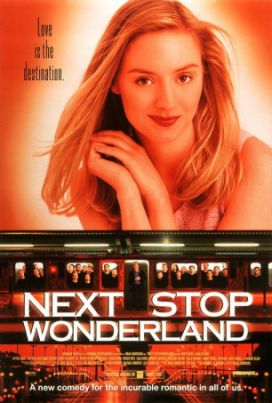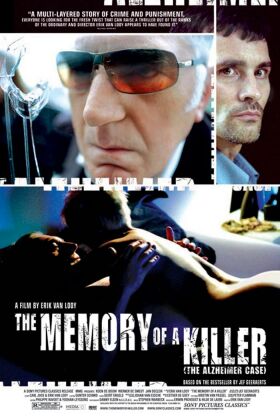Judy Berlin
Judy Berlin by Eric Mendelsohn is chiefly worth seeing for the performance of Edie Falco (Carmela Soprano on the HBO’s series about New Jersey gangsters) in the title role, and for its affectionate portrait of suburban Long Island, though nothing much happens in it. Also notable is the performance of the late Madeline Kahn in the role of Alice Gold, a menopausal woman who is oddly affected by an eclipse of the sun which goes on for far too long and which suggests what little story the movie may be said to have. Alice’s reflections on getting older and changing are often spoken out loud to herself. “I wish I wish, I wish in vain,” she says quietly to her mirror. “Art, that thing under my nose is getting bigger.”
“That’s your mouth,” replies Art (Bob Dishy), an elementary school principal who is almost equally vague about what he wishes for, but seems not to wish for his wife anymore. “Who’s your best lady?” she tries to coax him, but he only jokes some more. When he leaves for work he gives her a hug just as the cleaning woman, Carol (Novella Nelson) arrives. “He was hugging me. Did you see, Carol? I need proof.” Nor does she get much more affection from her 30 year-old son David (Aaron Harnick), a failed filmmaker who has recently returned to his parents’ house to live. She tells him of a dream in which she was married to her father, and David replies: “You’re truly deranged.”
Alice asks: “What do you think it means, subliminally?”
“There is no sub to it; you’re all liminal.”
This is not quite true. When the eclipse comes that afternoon, Alice leaves the house—not, we gather, something she often does—and wanders around the neighborhood with Carol, imagining that they are visiting from outer space. She meets among others a neighbor with whom she has been feuding for years, apparently, without knowing it. “I forgot,” she says. “And anyway, I’m not mad at you anymore.” When she runs into her therapist in the street she gives him a cheery greeting and says: “Something like this [the eclipse] happens, and I feel the rest of the world and I are speaking the same language for a change.” When Art pulls up outside the house and then, unexpectedly, drives off again, she says to Carol: “My husband just left me….I was too much for him. I ground him down.”
Carol tries to reassure her that he has just forgotten something, but Alice’s intuition is not entirely wrong. Art is having a very tentative flirtation with Sue (Barbara Barrie), one of his elementary teachers. At the same time, Art’s and Alice’s son, David, and Sue’s daughter, Judy Berlin, are meeting for the first time since high school. Judy is about to leave for California where she hopes to pursue a career as an actress. David accompanies her to her job, which is acting the part of a rural Long Islander of the early 19th century at a heritage exhibit, and to lunch, where she chatters away happily to him about how “I’m not into this whole big Hollywood money thing, but if that’s what you got to do to pay the rent…” David in turn tells her that “I always wanted to make a documentary about this town, but nothing sarcastic.” He has to explain the meaning of “documentary” to Judy.
She says: “I tried my hand at writing once, but it’s not for me: the plot, the characters, even the spelling.” Meanwhile Sue is confiding in David’s father her disappointment in her daughter, how she had expected her to be an intellectual companion for her—someone with whom she could talk about what was in The New Yorker. “Well,” she says with a sigh, “I still get The New Yorker.
David, who is embittered by his own failure in the entertainment business, tries to persuade Judy that her ambitions are unrealistic: “I don’t mean to be mean, but let’s face facts. You’re kidding yourself with this thing….I’m just telling you the facts as I see them.”
“I know you are,” replies Judy, but she remains determined to go.
Partly because he is attracted to her physically but partly also, perhaps, because such determination in one neither very bright nor stunningly attractive seems almost heroic to David, he stays with her until she gets on the train to leave. There they kiss and he imagines that they are in a movie, parting dramatically as she catches the train to the coast.
“Who gets the train to the coast?” says Judy, puzzled. “I’m going to Queens to get the shuttle to the airport.”
But David persists with his fantasy: “This is where I say, ‘I really like you’ And you say you like me,” but it all seems unreal to him. “How can we be sure it really happened?”
“Make a movie,” says Judy, and so, presumably, gave her name to the movie he went on to make. It’s not a bad one either, though more promising for the future than a remarkable achievement in itself.
Discover more from James Bowman
Subscribe to get the latest posts to your email.

